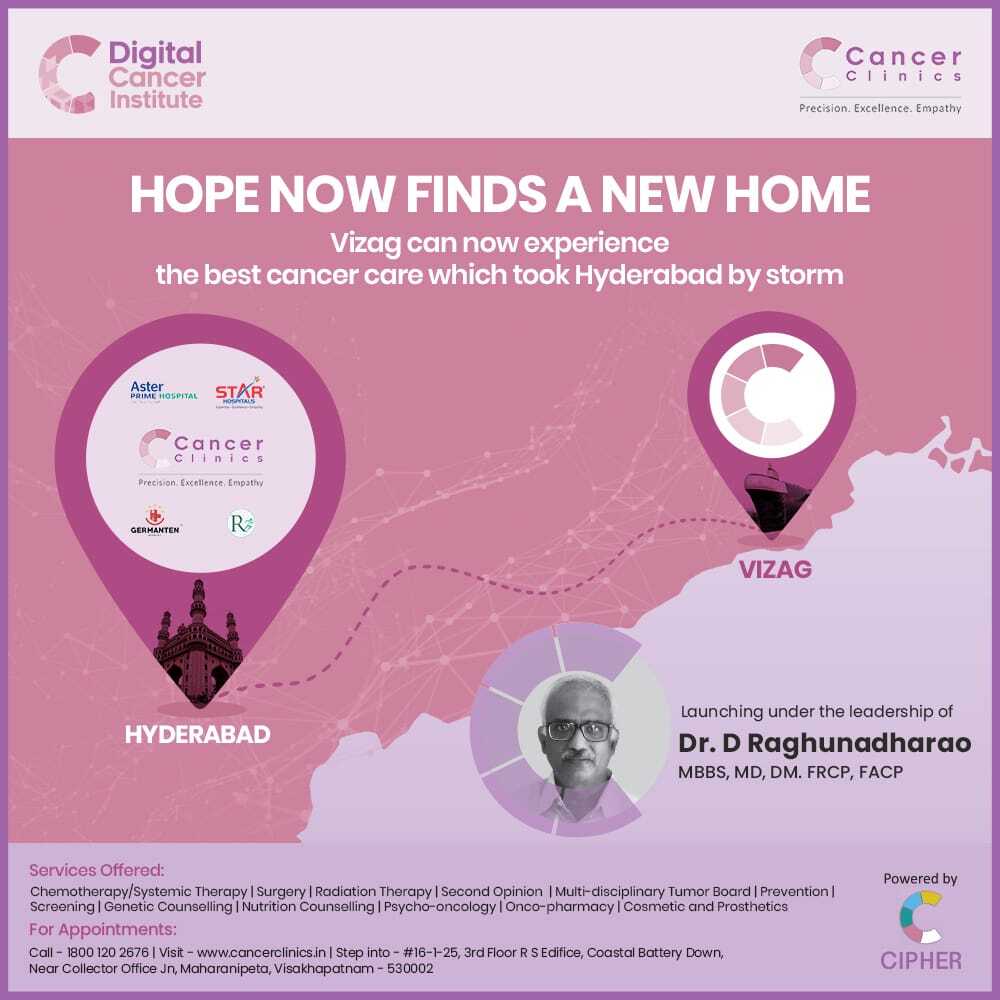A Cancer Coach is a professional with medical and psycho-social training who guides cancer patients and families through the entire cycle of treatment – starting from diagnosis until the end of treatment. Cancer coaches work across a multi-disciplinary space and offer guidance to remove barriers in accessing medical, operational and financial support.
Our cancer coach works in collaboration with the oncologist and is continuously aware of the special needs every patient has. The coach will holistically consider all your needs and help care for you as an individual.
WHY DO WE NEED A CANCER COACH?
Cancer is a complex disease, and consequently, the treatment methodology is also complex. While families are faced with the reality of cancer, they go through a steep learning curve trying to understand the disease and its treatment methodology. Treatment methodology is rife with medical information which is hard to follow. Patients and families struggle with making sense of an abundance of information within a short period. Also, in India, we have a few doctors catering to several patients. This reality becomes stark when we consider the cancer ecosystem. So, families cannot expect help from doctors and hospitals for every small issue they face.
Secondly, the psycho-social impacts of cancer are rarely discussed. In a country like India, the stigma associated with cancer continues to create anxiety among patients and families. For instance, one of the more common dilemmas that Indian families grapple with is whether to disclose the cancer diagnosis to extended family and neighbours.
Thirdly, cancer treatment is not limited to medical treatment within the hospital. The needs of a cancer patient are multi-layered – medication, nutrition, physiotherapy, counselling, home care, and nursing are just a few of them. At times, the home also needs to be equipped with a medical apparatus to administer continued treatment. In effect, in the cancer ecosystem, only 20% of the care happens within the hospital. The other 80% of care has to be attended to at home.
Finally, cancer treatment costs money, and the patient and family have to cope with the struggle involved in arranging finances to access treatment. If the primary earning member is the patient, it becomes harder to address the loss of income and the need for money for treatment together.
This is where the cancer coach steps in. The cancer coach is similar to a medical social worker, who understands the complete set of problems that a cancer patient has to deal with and formulates a customised plan to regularly address the issues as and when they come up.
HOW DOES THE CANCER COACH HELP?
The job description of a cancer coach is very broad. A coach is meant to guide the cancer patient and family through the entire cycle of treatment. They have a thorough medical understanding of cancer and are simultaneously well-informed about the allied services that the patient and family need to access. They also know the cancer landscape in terms of doctors, hospitals, other service providers, and financial aid.
The coach is well-connected with the entire cancer ecosystem – including medical, social, financial and operational service providers.
For instance, our cancer coach can guide you to find solutions to any of these questions that come up during treatment:
- How do I address the side effects of chemotherapy?
- Can I get financial assistance apart from my medical insurance?
- How do I make my home wheelchair accessible?
- My doctor has suggested a specific test which is very expensive. Could I get a second opinion about the same?
- Where will I get the earliest appointment for an MRI scan at the least cost?
- My family member has been diagnosed with myeloma and I want to know if it is hereditary, and what tests should I take as a preventive measure.
- Could you help me find home care centres in the city I live in?
BENEFITS OF SEEKING SUPPORT FROM A CANCER COACH
Often a cancer coach’s role includes (but not limited to) the following:
- Helps seek a medical second opinion,
- Assists in financial planning and seeking aid
- Helps the patient and family follow the treatment protocol better
- Arranges for allied services such as counselling, physiotherapy, and home nursing
- Assists in finding appropriate dealers in pharmacy
- Assists in getting a good price for medicines and other medical equipment
- Is an interpreter between the doctor and patient
In a nutshell, the coach’s role is to empower the patient and family to make decisions appropriate for them, at every stage of the treatment. The coach offers customised solutions to the patient and family, based on their socio-economic and emotional condition.
